All posts tagged The United Nations
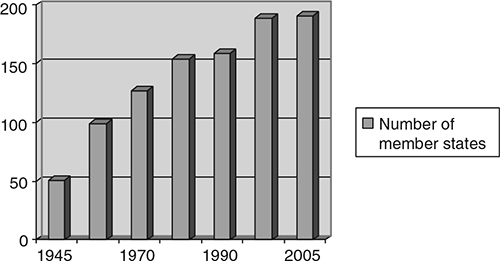
Chapter 1 The best hope of mankind? A brief history of the UN We usually think of international organizations as a twentieth-century phenomenon that started with the establishment of the League of Nations in 1919. This is, for the most part, true. However, in the late nineteenth century nations had . . . Read more
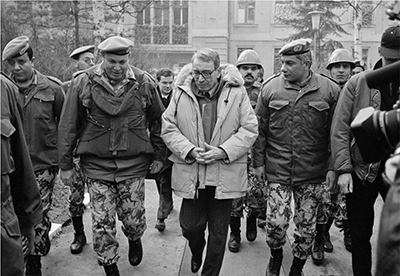
Chapter 4 Peacekeeping to peacebuilding “Certainly the idea of an international police force effective against a big disturber of the peace seems today unrealizable to the point of absurdity.” It was an unexpected line from Lester B. Pearson, delivered as part of his Nobel Peace Prize acceptance speech in December . . . Read more

Chapter 2 An impossible hybrid: the structure of the United Nations In an interview with Time magazine in the summer of 1955, Dag Hammarskjöld expressed his frustration over the UN’s public image. He worried, in particular, that many people considered the organization—at the time barely ten years old—as a bureaucratic . . . Read more
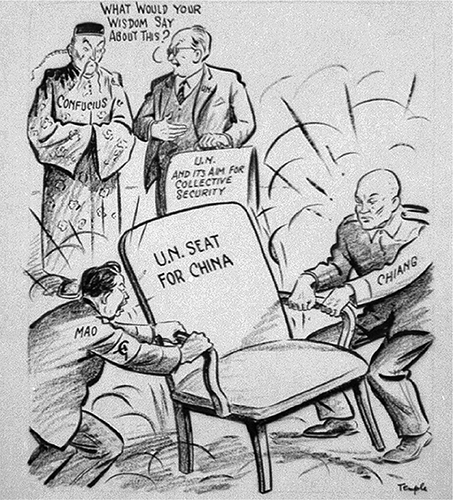
Chapter 3 Facing wars, confronting threats: the UN Security Council in action If the purpose of the UN was to save mankind from the destruction that had overshadowed the history of the first half of the twentieth century, measuring its success depends on one’s perspective. On the one hand, it . . . Read more

Chapter 6 Rights and responsibilities: human rights to human security Among the plethora of issues on the UN’s agenda, few can be considered more important and challenging than the protection of individual human rights. But making sure that people can live in “freedom from fear,” as Secretary-General Dag Hammarskjöld summed . . . Read more
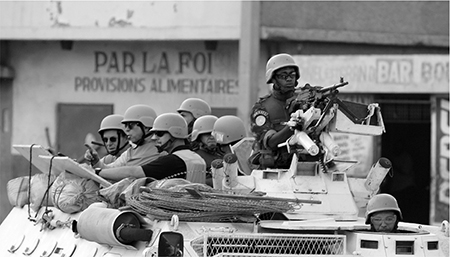
Chapter 7 Reform and challenges: the future of the United Nations “If the United Nations is to survive, those who represent it must bolster it; those who advocate it must submit to it; and those who believe in it must fight for it.”1 Norman Cousins, a prominent journalist and peace . . . Read more
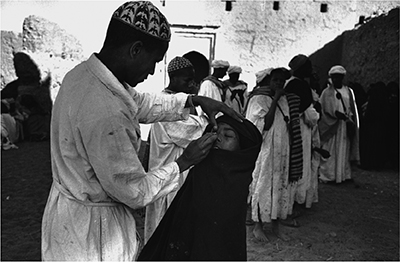
Chapter 5 Economic development to human development The UN Charter drew a link between international security and global poverty. The founders believed that World War II was in large measure an outcome of the Great Depression of the 1930s; in other words, that economic turmoil had been transformed into political . . . Read more






